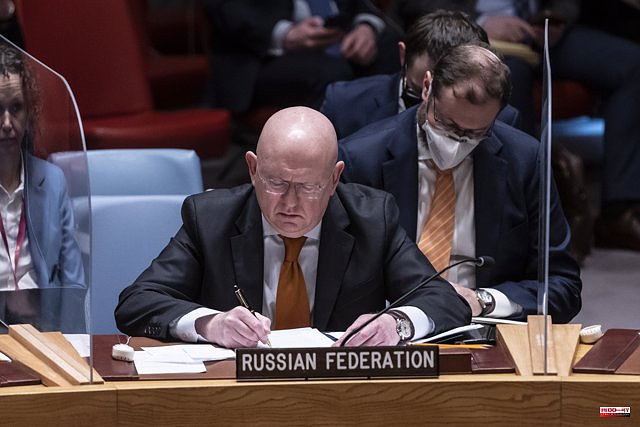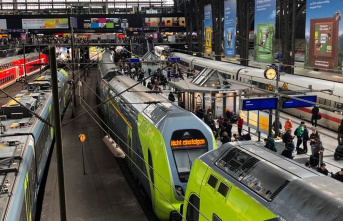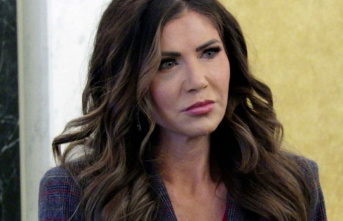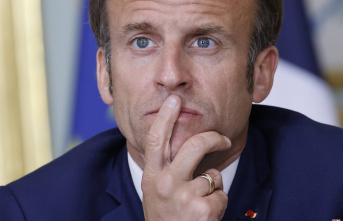The price of food is the number one problem right now, according to the director of the World Food Program
MADRID, 20 May. (EUROPA PRESS) -
Russia has assured that Western countries have not been able to "refute" at a meeting of the United Nations Security Council on food security on Thursday the version of the Ukrainian authorities that Moscow exchanges grain for weapons.
"We asked our Western colleagues right at the meeting to publicly refute this version, to which many experts today lean. Of course, no one did this," Russia's first deputy permanent representative to the UN, Dimitri Polianski, said on Thursday. , according to the TASS news agency.
For his part, the Russian ambassador to the UN, Vasili Nebenzia, has defended before the Security Council that "unilateral economic sanctions" are "suffocating" the states, together with other factors, such as the supply crisis due to the pandemic, the weather, the jump to green energy and speculation in Western markets.
"As you can see, none of these (named) key factors that laid the foundation for the current situation in the agricultural markets can be attributed to Russia," he said, indicating that the above factors seem "insignificant" in the face of the "special military operation " announced by Moscow.
"Supposedly we block opportunities to export agricultural products from Ukraine by sea. However, the truth is that it is Ukraine and not Russia that has blocked 75 ships from 17 states in the ports of Mikolaiv, Kherson, Chernomorsk, Mariupol, Ochakov, Odesa and Yuzhniy and has mined the waterways," he said.
Likewise, Nebenzia lamented that the Western members of the United Nations Security Council "have not had enough courage to comment on the root causes of the food crises in countries such as Afghanistan, Iraq, Libya and Syria."
"Russia takes all measures to ensure the safety of civil shipping in the Black Sea and the Sea of Azov. We send this information to the United Nations leaders on a daily basis. As you can see, Ukraine does not take such efforts," he defended.
Nebenzia has stressed, according to a statement from the Russian mission at the United Nations, that the "10,000 sanctions" imposed against Moscow have interrupted "transport routes, the movement of Russian ships", as well as have "restricted commercial and international transactions" .
"Starting from August 1 and until the end of the year, we can offer to export 25 million tons of grain through the port of Novorossiysk. We are ready to discuss further acquisitions with a view to June-December export potential of fertilizers is no less than 22 million tons," he said.
Finally, the Russian official has speculated that Ukraine's wheat harvests are not being distributed in the country, but are being sent to European Union warehouses as compensation for sending weapons to the Ukrainian Army.
"A logical question arises: where do these deliveries go? (...) They are pumped into the granaries of European countries and they are paying for weapons supplied by the West," added Nebenzia, who also detailed that Moscow has blocked wheat exports from Ukraine as a result of kyiv's actions.
For his part, the director of the United Nations World Food Program (WFP), David Beasley, told the Security Council that there is "an unprecedented crisis" and that the price of food is "the number one problem in this moment".
"By 2023 it will be a problem of food availability. When a country like Ukraine, which produces enough food for 400 million people, is left out of the market, it creates a volatility that we are now seeing," he explained, according to a United Nations statement. United.
Beasley has warned that "not opening those ports in the Odessa region will be a declaration of war on world food security and will result in famine, destabilization and mass migration around the world."
"We have enough historical experience to understand the consequences when we don't act. When a nation that is the breadbasket of the world becomes a nation with the longest lines of bread. We know we have a problem," he concluded.
3












